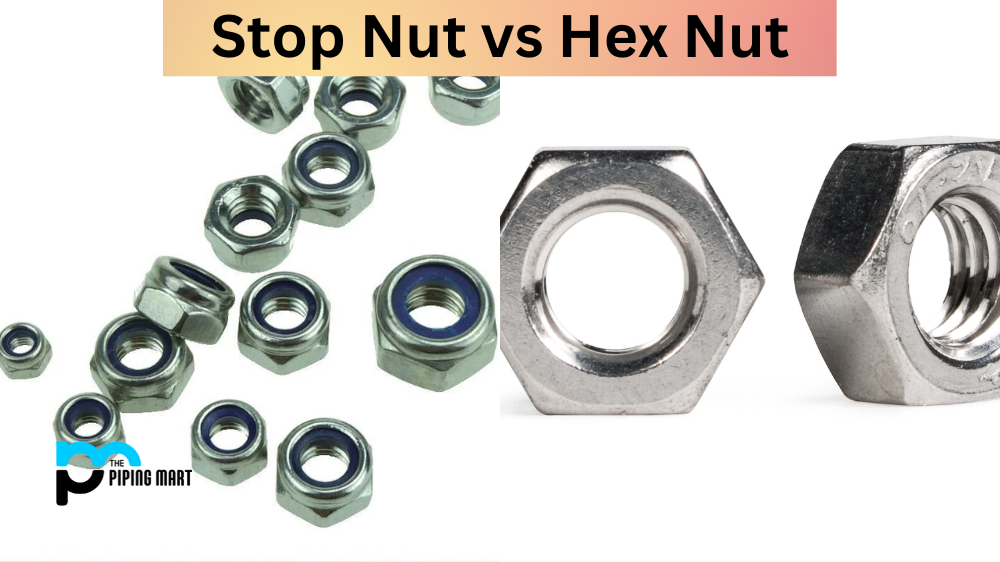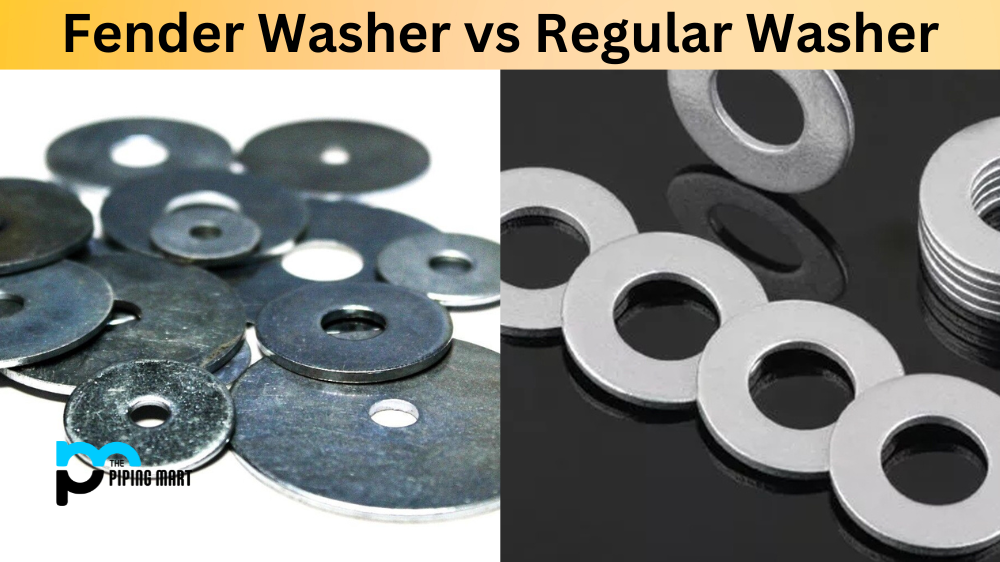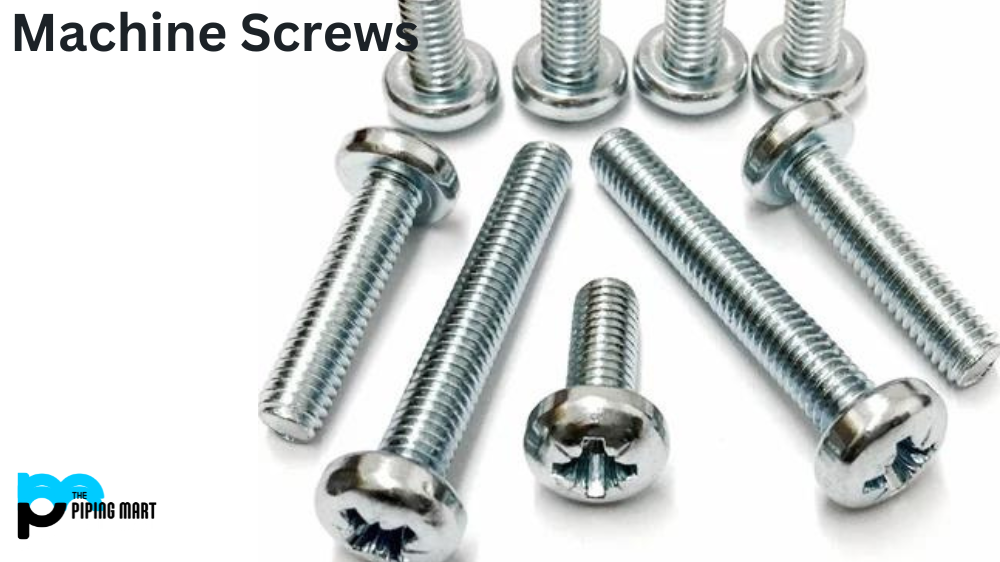Regarding securing bolts and screws, there are various nuts to choose from. Two commonly used nuts are stopped nuts and hex nuts. Stop nuts, also known as nylon insert lock nuts, prevent loosening due to vibration or movement. On the other hand, hex nuts are versatile and can be used in various applications. In this blog post, we’ll look at the differences between stop and hex nuts and which is better for your needs.
Difference Between Stop Nut and Hex Nut
Construction
Stop nuts and hex nuts differ in the way they are constructed. Stop nuts are made with a ring of nylon threads that grip onto the threads of a bolt, preventing it from coming loose. On the other hand, hex nuts have six sides with internal threads that mate with the external threads of a bolt. Due to the nylon insert, stop nuts are thicker and larger than hex nuts, making them slightly heavier.
Performance
Both stop nuts and hex nuts are designed to prevent loosening, but they do so in different ways. Stop nuts using the nylon insert to grip onto the threads of a bolt and prevent loosening due to vibration or movement. On the other hand, hex nuts rely on the threading engagement between the nut and bolt to remain securely fastened. If you need a nut that will withstand constant vibration, a stop nut is the better choice. However, if you need a nut that can handle high torque loads, go with a hex nut.
Applications
The choice between stop and hex nuts often depends on the specific application. Stop nuts are commonly used in applications that involve vibration or movement, such as automotive and industrial machinery. On the other hand, hex nuts are ideal for general applications, such as construction, maintenance, and repairs. Because they are widely available in many sizes, hex nuts are also popular for DIY projects.
Cost
Regarding cost, stop nuts tend to be more expensive than hex nuts due to the nylon insert. However, the cost difference is relatively small; for some applications, the added security may be worth the extra cost. On the other hand, hex nuts are relatively cheap and widely available, making them a cost-effective option for many applications.
Availability
Hex nuts are widely available and come in many sizes and materials, making them easy to purchase at hardware stores or online. On the other hand, stop nuts can be more difficult to find, especially in larger sizes or specific materials. If you need a stop nut for a specific application, it may take longer to find, and you may need to purchase it in bulk.
Conclusion
In conclusion, stop and hex nuts have advantages and disadvantages, depending on your specific needs and application. Stop nuts are better for preventing loosening due to vibration or movement, while hex nuts are ideal for high torque loads. Hex nuts are versatile and widely available, while stop nuts can be harder to find and more expensive. Ultimately, the choice comes down to the specific project and the level of security required. Understanding the differences between these two nuts allows you to decide which one to use for your next project.

Meet Bhavesh, a seasoned blogger with a wealth of knowledge and experience. From metal products manufacturing to retail, Bhavesh has a diverse background in various industries and is dedicated to sharing his insights and expertise with readers.




